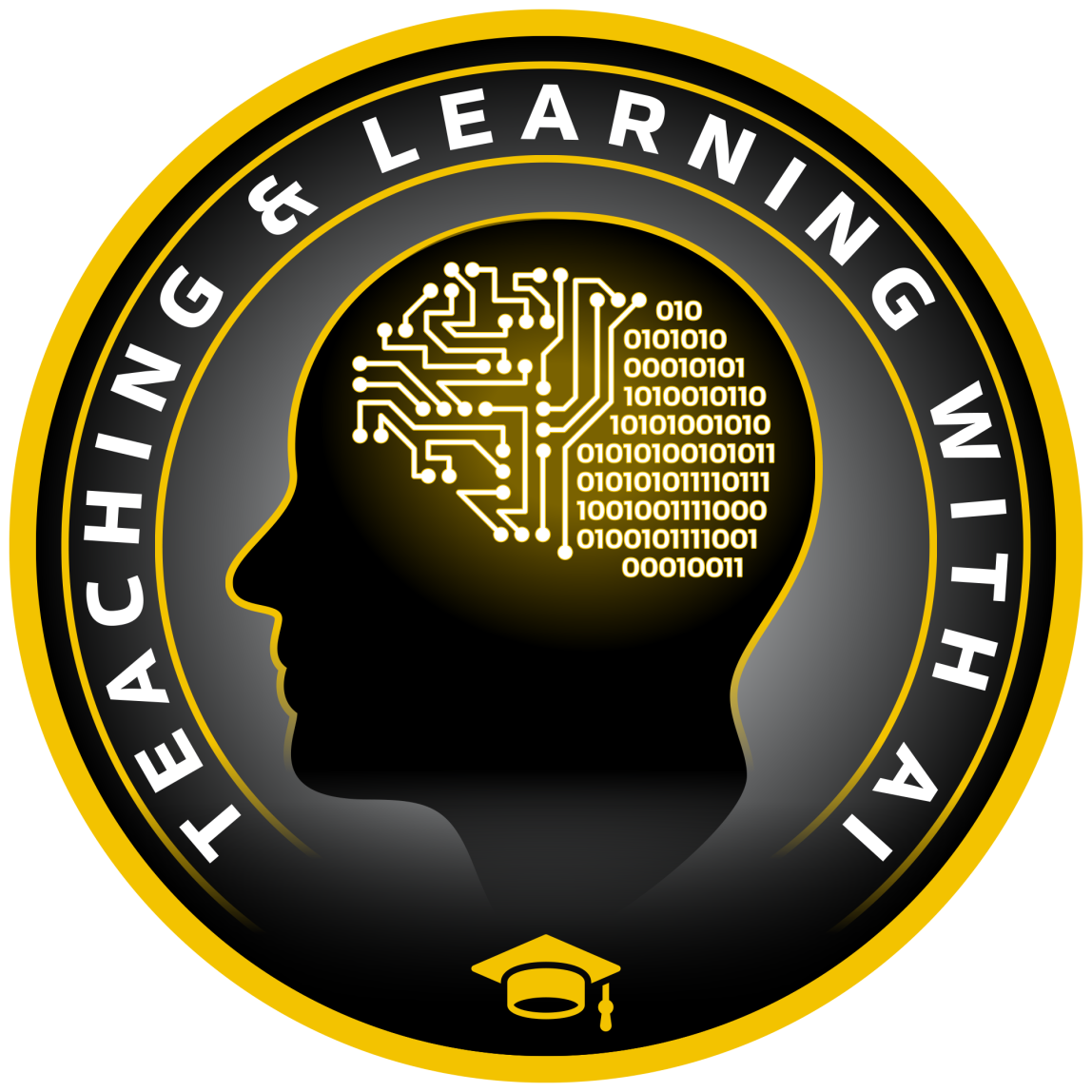
Showcasing BUas’ Leadership in AI at the 2nd Annual Teaching and Learning with AI Conference
11/21/2024 - 16:49
In September, Breda University of Applied Sciences (BUas) proudly participated in the 2nd Annual Teaching and Learning with AI Conference in Orlando, Florida. Organised by UCF Digital Learning and the UCF Faculty Center for Teaching and Learning, this global event served as a meeting ground for educators, researchers, and AI professionals to discuss the evolving role of artificial intelligence in education.